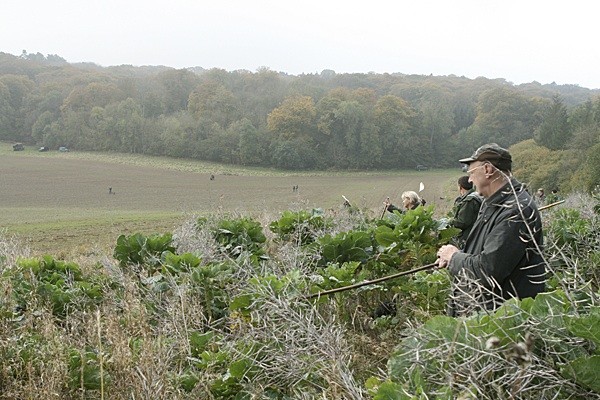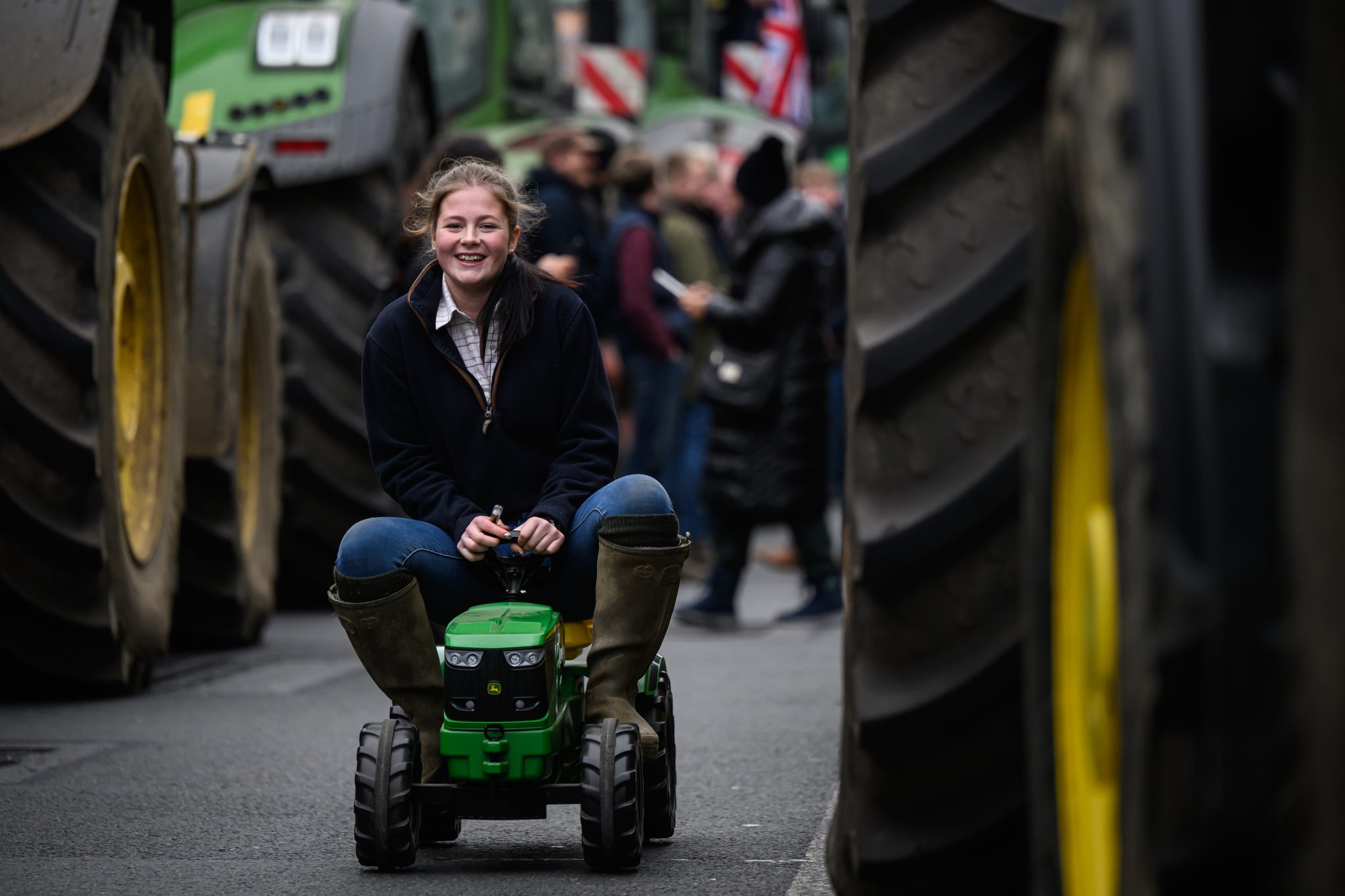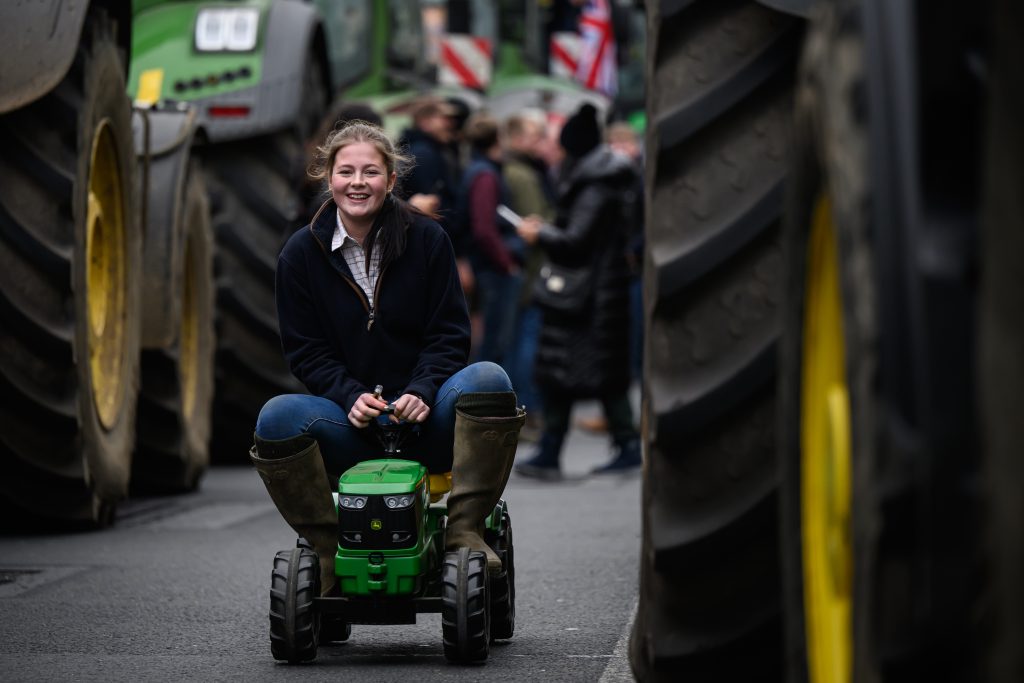Win CENS ProFlex DX5 earplugs worth £1,149 – enter here
Do agri-environment schemes work?
Birds in decline despite two-thirds of farmland now under DEFRA schemes

Despite new figures from DEFRA showing that there has been a large increase in the area of Englands farmland under agri-environment schemes, this has been insufficient to stem the national decline of several farmland bird species such as the grey partridge, according to the Game & Wildlife Conservation Trust (GWCT).
DEFRA announced, on 3 April, that biodiversity throughout the UK is continuing to decline when measured according to 18 key Government indicators. DEFRA is studying biodiversity trends as part of its Biodiversity Action Plan, aiming significantly to reduce the rate of species loss by 2010.
DEFRAs latest figures showed that 65 per cent of farmland is covered by agrienvironment schemes. In 2008 there were more than eight million hectares involved in schemes, compared with six million in 2005.
The GWCTs Dr Roger Draycott explained that this is still not enough to reverse the decline of some farmland birds. He told Shooting Times: Despite many more landowners signing up to agri-environment schemes, many bird species are still in decline. A good example is the grey partridge, which has suffered an 85 per cent decline over the past 40 years and, according to the British Trust for Ornithology figures, it is still showing a decline. DEFRAs last bird population survey in 2008 showed that some farmland species, such as the grey partridge, turtle dove and linnet, have declined to their lowest level on record. However, where targeted management has been applied to specific species at individual farms, birds have benefited.
The rest of this article appears in 16 April issue of Shooting Times.
What is YOUR opinion?
Join other ST readers in our forums to discuss your views.
Like this article? Mark this page on a social bookmarking website…
Related Articles
Get the latest news delivered direct to your door
Subscribe to Shooting Times & Country
Discover the ultimate companion for field sports enthusiasts with Shooting Times & Country Magazine, the UK’s leading weekly publication that has been at the forefront of shooting culture since 1882. Subscribers gain access to expert tips, comprehensive gear reviews, seasonal advice and a vibrant community of like-minded shooters.
Save on shop price when you subscribe with weekly issues featuring in-depth articles on gundog training, exclusive member offers and access to the digital back issue library. A Shooting Times & Country subscription is more than a magazine, don’t just read about the countryside; immerse yourself in its most authoritative and engaging publication.







